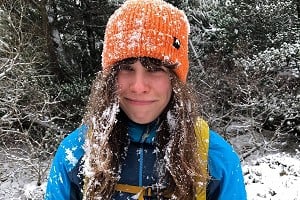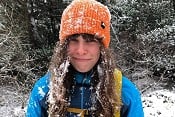In reply to Goucho:
> So some commercial expeditions now consider anything above 7000 metres is too difficult for a rescue?
Maybe, maybe not, depends what you mean by "commercial expeditions".
After years of bashing commercially guided expeditions here on UKC I think it's only right for me to say here that in recent years most of the rescues of 'independent' climbers, mostly on Everest but also other 8000ers, have been done by staff and climbers of commercially guided expeditions. Adventure Consultants helped at least one Indian climber on Dhaulagiri this year and many stricken climbers on Everest have been helped by commercial teams, not even counting it's the commercial teams that fund the putting up of ropes and breaking trail that the 'independent' climbers make use of.
If this Italian bloke was left behind by guides of the company he used, then that is outrageous, but I'm guessing that he was part of a local Pakistani BC-only company where he paid bargain price for basic service, nothing on the hill, climbing in a group of like-minded people he didn't really know. When it works out, it's great. When the shit hits the fan, people die. Individuals like this bloke die quietly and anonymously on 8000ers every year and rarely make the news. One might consider this Italian's G2 operation a 'commercial expedition' but it's certainly not the 'commercially guided expeditions' that make the news on Everest etc.
Top-level alpinists, like Inurateggi and Co, who are awesome, rarely rescue stranded punters on 8000er normal routes because top-level alpinists are rarely on those routes.
> Mark my words, sooner or later, the family of a client of one of these commercial trips, with very deep pockets, is going to sue the arse off the guiding company to such a degree, they won't be able to sit down for a decade.
Already happened. Mike Matthews on Everest, look it up...









